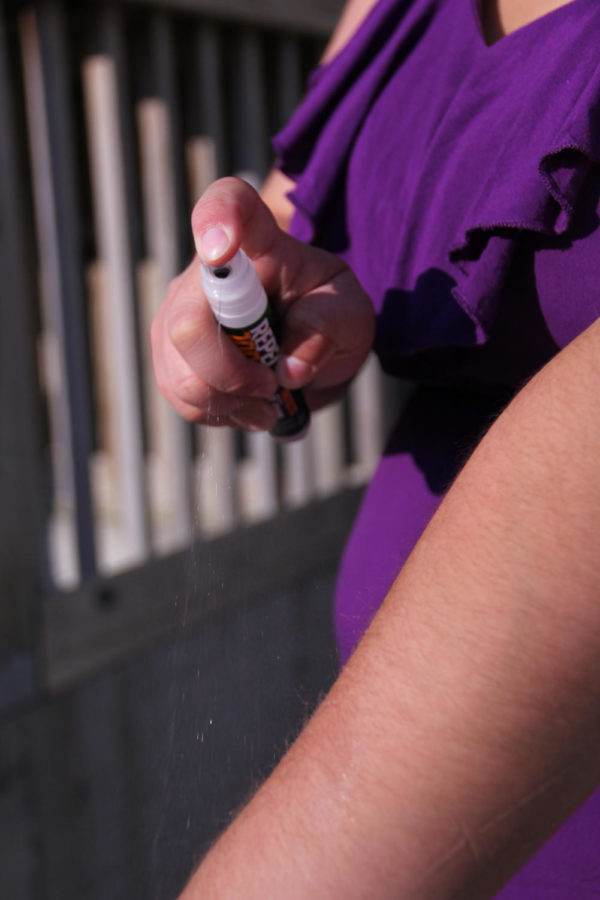West Nile virus enters its peak season
September 26, 2013
Summer may be over, but mosquito season is not. The risk of West Nile virus is at its peak this time of year.
“There were 31 reported cases of West Nile last year,” said Dr. Cosette Scallon, physician at the Thielen Student Health Center.
Before 2012, West Nile virus was decreasing; however, within the past year, the problem has increased again.
“Weather is still perfect for the mosquitoes, we will have it probably as long as the weather is warm like this,” said Dr. Ricardo Arbulu, who specializes in infectious diseases at McFarland Clinic.
According to the Iowa Department of Public Health, 21 human cases of West Nile virus have been reported in Iowa this year. Additional cases are being investigated.
“This is the time of year where we think about West Nile virus,” Scallon said.
The virus comes from infected birds. A mosquito can become infected with the virus if it bites a bird that is infected with the virus.
“Not every mosquito has West Nile,” Scallon said.
According to the Centers for Disease Control, 70 to 80 percent of people who become infected with West Nile virus do not show any symptoms.
“It is always surprising when someone gets super sick from West Nile virus,” Scallon said.
A bite from a mosquito that carries the virus is no different compared to a bite from a mosquito that doesn’t carry the virus.
“You may think you have the flu during the summer or fall when it’s warm out and it’s not really the flu; it could be a West Nile virus,” Arbulu said.
The symptoms of the virus, according to the CDC, range from no symptoms to severe health complications.
Severe symptoms of the virus are headache, high fever, neck stiffness, disorientation, coma, tremors, seizures and paralysis.
“If you go to the doctor with the severe symptoms, you will be admitted into the hospital,” Arbulu said.
According to the CDC, only about 1 percent of people infected with West Nile virus have severe or neurological symptoms.
“You want to use repellent that contains DEET, any repellent should be good, but DEET has been proven to reduce bites by mosquitos,” Arbulu said.
Scallon said standing water is a breeding ground for mosquitoes. Emptying out birdbaths or fountains that have water in them will help prevent a mass of mosquitoes from forming.
Use the necessary precautions when doing activities outdoors. If infected with West Nile virus, contact the Student Health Center or any other health care provider.







